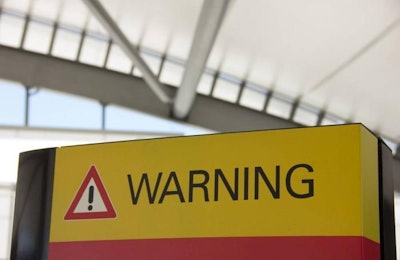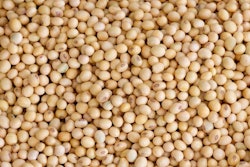
Kemin says its coated calcium chloride product, NutriCAB, is not affected by a recent Rapid Alert System for Food and Feed (RASFF) notification from the Netherlands, which indicated that the maximum permissible level of dioxin in coated calcium chloride has been significantly exceeded for a product of Belgian origin.
The notification from the Netherlands resulted from product check. Kemin Europa N.V. said it has been in close contact with the Belgian Federal Agency of the Food Chain and has received confirmation that Kemin’s NutriCAB is not within the scope of the RASFF notification.
Kemin issued the following statement:
“As part of its strict quality assurance, Kemin applies a raw material risk assessment program to exclude all risks of finding undesirable substances in its final products. Kemin Cavriago Srl, manufacturer of NutriCAB, is registered as feed business establishment in accordance with the Italian and European legislations. The establishment is subject to official control by the competent authorities. Italian authorities control the absence of prohibited and undesirable substances such as dioxins, PCBs and heavy metals in feeding stuffs including feed materials, compound feedstuffs, additives and premixtures, according to Italian and European legislations in force. In addition, Kemin Cavriago Srl has an internal monitoring program in accordance with the requirements of its GMP+ certification. Based on the results of these controls, NutriCAB can be certified as compliant for animal feeding with regard to residue contents of contaminants such as dioxin, PCB and heavy metals and comply with Italian and European legislations on undesirable substances and products in animal nutrition.”















